Tidligere arrangementer - Side 5
The era of fossil fuels made possible the twentieth-century idea of ‘the economy’ and its ‘growth’. But what is growth? And how did we come to believe that burning fossil fuels created a collective world whose nature has been to grow?
NOITS (The Nordic International Trade Seminars) will take place on the 10th and 11th of October 2024.?The NOITS 2024 conference is hosted by the University of Oslo and has received funding from INNOPROD project and from the European Research Council (ERC) under the European Union’s Horizon 2020 research and innovation programme (grant agreement No 101141494).
Seminar for RITMO Centre for Interdisciplinary Studies in Rhythm, Time and Motion (University of Oslo), Centre of Excellence in Music, Mind, Body and Brain (University of Jyv?skyl?), and Center for Music in the Brain (Aarhus University).
Spend a day with great science, innovation and networking opportunities at this meeting place for academia, the institute sector, the public sector, start-ups and industry.? Topic: Artificial intelligence in life sciences and energy. The conference was a part of Oslo Innovation Week 2024.
The 6th NordBatt conference will take place between the 24th-27th of September 2024 in Oslo, Norway.
The 6th NordBatt conference will take place between the 24th-27th of September 2024 in Oslo, Norway.
Helse?konomimilj?ene i Norge inviterer til presentasjoner og diskusjoner om dagsaktuelle helsepolitiske problemstillinger. Slik som ventetider; beslutningsusikkerhet i ?konomisk evaluering; perspektiv og prioriteringer; allmennlegetjenesten; fedme, Alzheimers og nye behandlinger.
We welcome all scientists interested in participating in an UiO:Energy and Environments' Convergence Environment application to register for a joint information meeting and speed-dating event.
We welcome all scientists interested in participating in an UiO:Energy and Environments' Convergence Environment application to register for a joint information meeting and speed-dating event.
RITMO and DjembeDance will host the Third Symposium of the ICTMD study group on Sound, Movement, and the Sciences (SoMoS).
The Centre for Molecular Medicine Norway, NCMM, will host the 13th Nordic EMBL Partnership meeting in September 2024 in Oslo.
Det tredje nasjonale matematikerm?tet avholdes i Oslo i september 2024.
Welcome to the closing conference for the Norwegian Research Council FRIPRO research project “Global Trout: Investigating Environmental Change through More-than-Human World Systems”
SCV conference 2024, remembering Nils ?vrelid
Sustainable Policy Workshop will take place on the 24th of June 2024.
IST 2024 is hosted by the TIK Centre for technology, innovation and culture at the University of Oslo, in collaboration with SINTEF, the Norwegian University of Science and Technology (NTNU), the INTRANSIT and NTRANS research centers and the Western Norway University of Applied Sciences.
Individual perceptions and experiences, rituals, institutions, and the law.
?rets v?rkonferanse vil ta for seg kunstig intelligens. Hvordan kan offentlig sektor bruke KI p? en smart og trygg m?te? Hvilken kompetanse trenger vi?
Welcome to the third Norwegian meeting on PDEs!
This workshop is part of QOMBINE, a cross-disciplinary project between mathematics, chemistry, and physics focusing on the mathematics for quantum computation. In this spirit, we want to bring together researchers with different backgrounds including quantum error correction, the quantification of decoherence, quantum Shannon theory and operator algebras. We hope that this will allow for discussions across disciplines leading to interesting new perspectives and collaborations on these topics.
The 5th Scandinavian Gathering Around Remarkable Discrete Mathematics
Taking the twenty-fifth anniversary of the publication of Pascale Casanova’s field-defining La République mondiale des lettres (The World Republic of Letters, 1999) as its point of departure, this conference seeks to decentralize the praxis of cultural reading and literary critique that the notion of Paris as the world capital of literature represents. Drawing inspiration from a host of decolonial projects that seek to renegotiate the terms in which we understand the world—a process that Walter Mignolo terms “epistemic delinking”—we seek to examine trans-peripheral and counter-hegemonic cultural infrastructures that flourished despite, in resistance to, and in the aftermath of colonial domination. This project is historical, but also oriented toward the present and, crucially, dedicated to rethinking the epistemic assumptions that undergird the study of literature and associated forms of cultural production in the present.
The AtLAST conference will be held in-person in Mainz, Germany, from 21 to 24 May 2024.
Vi i prosjektet ?Sakkyndiges Arbeid som Bevis i Barnevernssaker (SABB)? (Experts? reports as evidence in child protection cases) er glade for ? kunne arrangere ?rets konferanse den 7. mai hvor vi setter s?kelyset p? barna og den private part. Her m?tes praktikere fra feltet, byr?krater, forskere og ikke minst brukere av tjenestene.






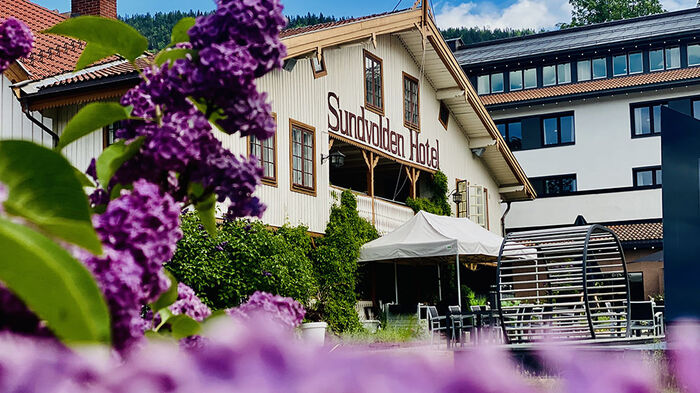





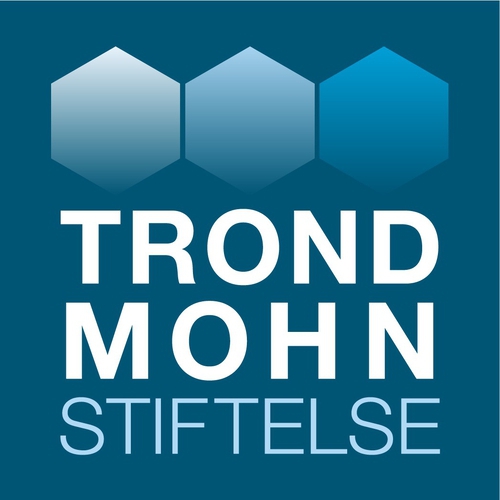
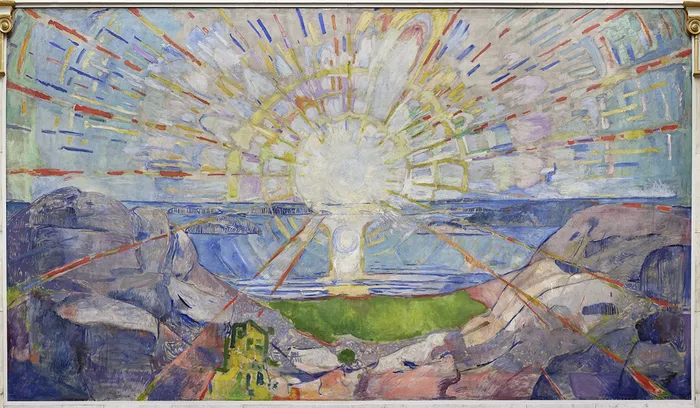

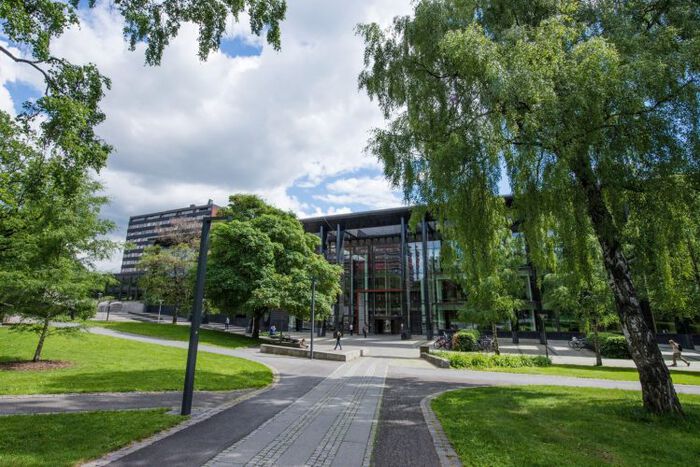


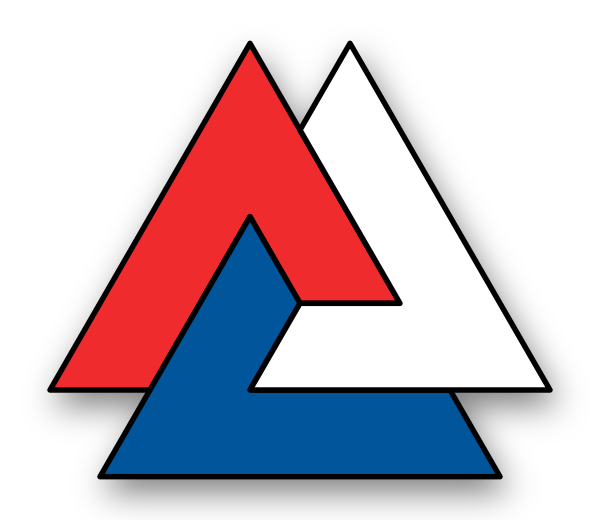
.png?alt=listing)
